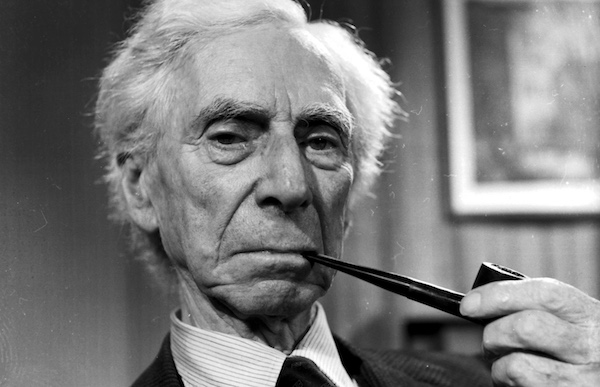What comes to mind when you think of a barber?
Many people might think about getting a haircut, but there's more to being a barber than that.
In this post, we'll explore the paradox of the barber and discuss what it means for both customers and barbers themselves.
We'll also examine some of the possible implications of this conundrum for the industry.
What Is The Barber Paradox?
The Barber Paradox is a thought experiment first proposed by the English philosopher Bertrand Russell in 1901. It goes like this:
There is a town with a barber who shaves all and only those men in the town who do not shave themselves. Does the barber shave himself?

This might seem like a simple question, but it leads to a contradiction.
If the barber does shave himself, then by definition, he must not shave himself.
But if the barber does not shave himself, then he must shave himself.
We can see that there is no possible solution to this paradox.
How Can Barber Paradox Be Explained Mathematically?
The Barber Paradox can be explained using set theory. A set is a collection of objects; in this case, the objects are people in the town. We can define a set of people who shave themselves as follows:
S = {x | x is a person in the town who shaves themselves}
Now, we can use this set to define the barber as follows:
B = {x | x is a person in the town who shaves all and only those people not in set S}
We can see that the barber is a member of set S if and only if the barber is not a member of set S.
This contradiction leads to a paradox.
What Are The Implications Of The Barber Paradox?
The Barber Paradox has several implications, both for barbers and for the industry as a whole.
For example, the paradox highlights the importance of self-awareness. A barber needs to be aware of the kind of person he is to know whether or not to shave.
This is true for all of us, not just barbers.
The paradox also has implications for the industry.
For example, the industry is vulnerable to paradoxes and contradictions. This means that the industry needs to be careful when making decisions, lest it falls into a paradox.
Can The Barber Paradox Be Resolved, Or Is It A True Dilemma
There is no easy resolution to the Barber Paradox.
It is a true dilemma that highlights the limitations of human reasoning.
However, some philosophers have proposed resolutions to the paradox.
For example, some have suggested that the barber does not exist. This might seem like a cop-out, but it does avoid the contradiction.
Other philosophers have proposed that the barber does shave himself, but only on days when he is not working. This doesn't resolve the paradox, but it does avoid the contradiction.
Ultimately, the Barber Paradox is an interesting thought experiment that highlights the limitations of human reasoning.
It is unlikely that there will ever be a definitive resolution to the paradox, but it is still fun to think about.



















